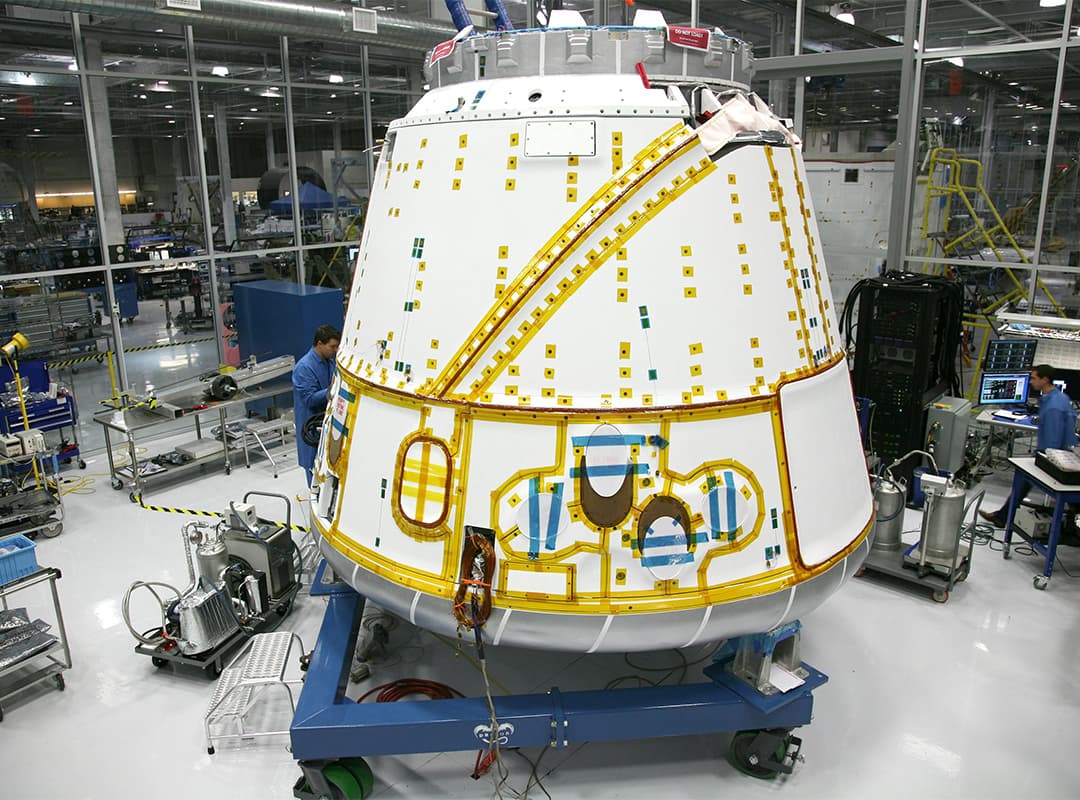Technological advancements have profoundly influenced the landscape of nuclear weapons control, impacting both arms control agreements and national security strategies. As technology continues to evolve, its effects on the management and regulation of nuclear arsenals are becoming increasingly significant. This article examines how technological innovations have shaped nuclear weapons control, with a particular focus on the experiences of Marshall Islanders and the implications of tools like the Ninth Circuit Mediation Questionnaire.
Technological Innovations in Nuclear Weapons Control
- Missile Defense Systems Modern missile defense systems have significantly altered the strategic calculus surrounding nuclear weapons. By developing technologies to intercept and destroy incoming missiles, nations have sought to enhance their security and deter potential nuclear attacks. These systems, such as the U.S. Ground-based Midcourse Defense (GMD) and the Aegis Ballistic Missile Defense (BMD), play a critical role in protecting against nuclear threats. However, they also complicate arms control negotiations, as the deployment of such systems can be perceived as a challenge to strategic stability and provoke countermeasures from other nuclear-armed states.
- Cybersecurity and Nuclear Command and Control As nuclear arsenals become increasingly digital and interconnected, cybersecurity has become a crucial aspect of nuclear weapons control. Ensuring the security of nuclear command and control systems from cyber-attacks is essential to prevent unauthorized access and accidental launches. Technological advancements in cybersecurity are aimed at protecting sensitive nuclear systems and maintaining the integrity of nuclear deterrence. However, the increasing sophistication of cyber threats poses ongoing challenges for securing these critical systems.
- Verification and Monitoring Technologies Advances in verification and monitoring technologies have enhanced the ability to enforce arms control agreements and monitor compliance. Technologies such as satellite imagery, remote sensing, and on-site inspection tools enable international organizations, like the International Atomic Energy Agency (IAEA), to verify that nuclear activities are conducted in accordance with treaty obligations. These technologies provide greater transparency and confidence in the implementation of arms control agreements, facilitating more effective enforcement and verification.
- Artificial Intelligence and Machine Learning The integration of artificial intelligence (AI) and machine learning into nuclear weapons control offers both opportunities and challenges. AI can enhance the analysis of satellite data and intelligence, predict potential threats, and optimize the management of nuclear arsenals. However, reliance on AI also raises concerns about the potential for unintended consequences, including the risk of false positives and the ethical implications of automated decision-making in high-stakes situations.
Marshall Islanders: Technological Impact on Disarmament Advocacy
The experiences of Marshall Islanders, who have been directly affected by nuclear testing, illustrate the broader implications of technological advancements in nuclear weapons control. The Marshall Islands, subjected to extensive nuclear testing during the mid-20th century, have leveraged modern technology to advocate for disarmament and seek justice for the impacts of these tests.
- Advocacy and Awareness Marshall Islanders have utilized technological tools, such as digital platforms and social media, to raise awareness about the legacy of nuclear testing and advocate for global disarmament. By sharing their stories and experiences, they have highlighted the human and environmental costs of nuclear weapons, contributing to a broader understanding of the need for disarmament.
- Legal and Scientific Advances Technological advancements have also played a role in the legal and scientific efforts of the Marshall Islands. The use of advanced scientific methods to assess radiation exposure and environmental damage has supported legal claims and advocacy efforts. Additionally, modern legal tools and strategies, including the Ninth Circuit Mediation Questionnaire, have been employed to address historical injustices and pursue compensation for affected communities.
The Ninth Circuit Mediation Questionnaire
The Ninth Circuit Mediation Questionnaire represents a key tool in the legal processes related to nuclear disarmament and compensation claims. This questionnaire is used to facilitate mediation and negotiation between parties involved in disputes, including those related to nuclear testing and its impacts. By providing a structured framework for addressing grievances and seeking resolution, the questionnaire helps streamline the mediation process and supports efforts to achieve justice for affected communities.
- Facilitating Resolution The Ninth Circuit Mediation Questionnaire helps resolve disputes by guiding the mediation process and encouraging constructive dialogue between parties. This tool is particularly relevant in cases involving complex issues such as nuclear testing and its long-term effects, where technical and legal challenges can be significant.
- Supporting Advocacy and Claims For communities affected by nuclear testing, such as the Marshall Islanders, the use of mediation tools like the Ninth Circuit Mediation Questionnaire can be instrumental in advancing their claims and achieving fair compensation. These tools facilitate engagement with legal and governmental bodies, supporting efforts to address historical injustices and promote disarmament.
Technological advancements have had a profound impact on nuclear weapons control, shaping strategies for deterrence, verification, and cybersecurity. Innovations in missile defense, cybersecurity, and monitoring technologies have influenced international arms control agreements and national security policies. The experiences of Marshall Islanders and tools like the Ninth Circuit Mediation Questionnaire underscore the intersection of technology, advocacy, and legal processes in addressing the legacy of nuclear weapons. As technology continues to evolve, its role in nuclear weapons control will remain crucial in shaping a safer and more secure global environment.
